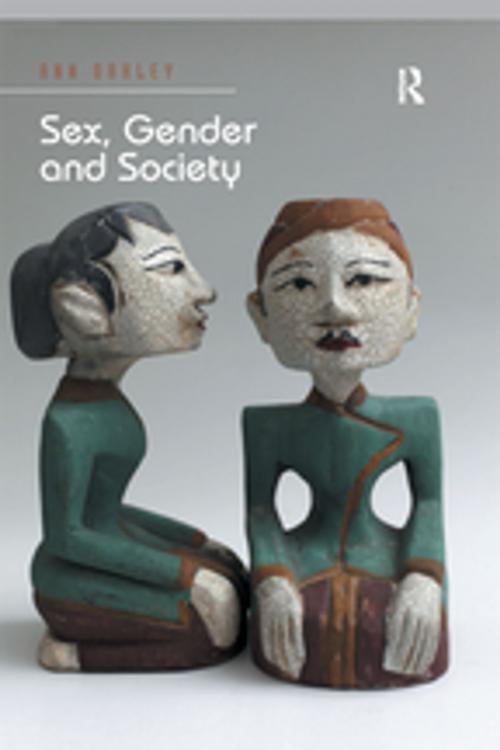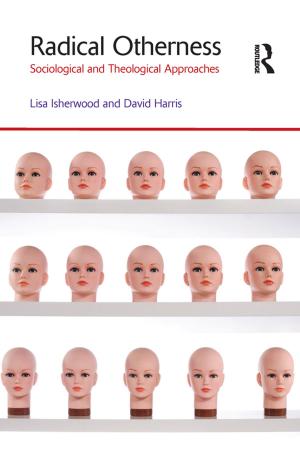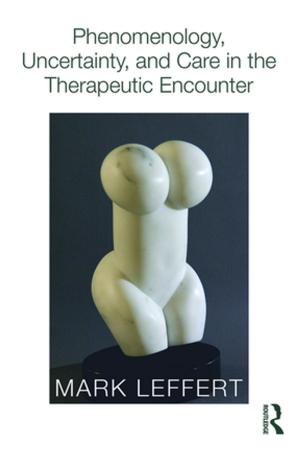Sex, Gender and Society
Nonfiction, Social & Cultural Studies, Social Science, Gender Studies, Sociology| Author: | Ann Oakley | ISBN: | 9781351900911 |
| Publisher: | Taylor and Francis | Publication: | December 5, 2016 |
| Imprint: | Routledge | Language: | English |
| Author: | Ann Oakley |
| ISBN: | 9781351900911 |
| Publisher: | Taylor and Francis |
| Publication: | December 5, 2016 |
| Imprint: | Routledge |
| Language: | English |
What are the differences between the sexes? That is the question that Ann Oakley set out to answer in this pioneering study, now established as a classic in the field. To answer it she draws on the evidence of biology, anthropology, sociology and the study of animal behaviour to cut through popular myths and reach the underlying truth. She demonstrates conclusively that men and women are not two separate groups: rather each individual takes his or her place on a continuous scale. She shows how different societies define masculinity and femininity in different and even opposite ways, and discusses how far observable differences are based on biology and psychology and how far on cultural conditioning. Many books have discussed these vital issues. None, however, have drawn on such an impressively wide range of evidence or discussed it with such clarity and authority. Now newly reissued with a substantial introduction which highlights its continuing relevance, this work will continue to inform and shape dialogues around sex and gender for a new generation of scholars and students.
What are the differences between the sexes? That is the question that Ann Oakley set out to answer in this pioneering study, now established as a classic in the field. To answer it she draws on the evidence of biology, anthropology, sociology and the study of animal behaviour to cut through popular myths and reach the underlying truth. She demonstrates conclusively that men and women are not two separate groups: rather each individual takes his or her place on a continuous scale. She shows how different societies define masculinity and femininity in different and even opposite ways, and discusses how far observable differences are based on biology and psychology and how far on cultural conditioning. Many books have discussed these vital issues. None, however, have drawn on such an impressively wide range of evidence or discussed it with such clarity and authority. Now newly reissued with a substantial introduction which highlights its continuing relevance, this work will continue to inform and shape dialogues around sex and gender for a new generation of scholars and students.















